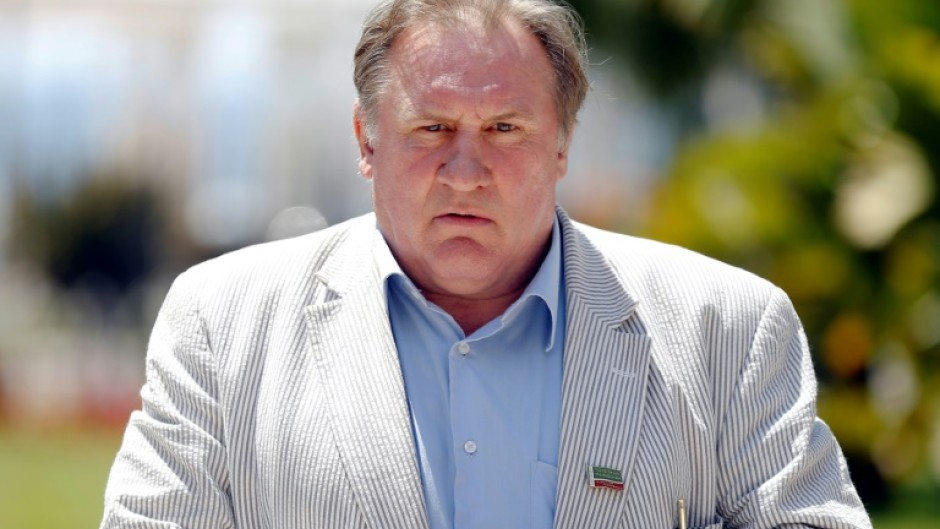PARIS - For more than a year after rape allegations against French actor Gerard Depardieu, the film industry shrugged its shoulders and the cinematic legend with more than 200 titles to his name continued working.
But the tide appears to be slowly turning.
Mounting accusations of sexual harassment, as well as newly-released footage of him making obscene comments, are finally forcing a debate about sexism and sexual violence in French cinema.
In October the 74-year-old actor, known outside France for 1990 comedy "Green Card" and Netflix series "Marseille", had to put his career on hold.
Six years after the start of the #MeToo movement in Hollywood that brought down producer Harvey Weinstein, the campaign has picked up momentum in France.
"There will be an after-Depardieu, that much is clear," activist Laura Pertuy said.
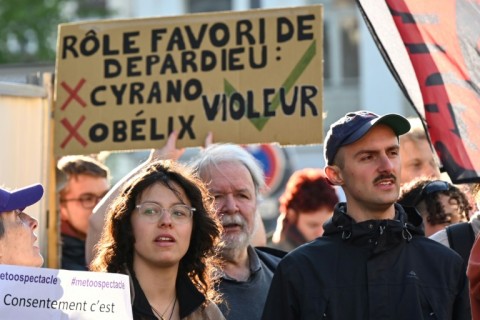
"At all levels, in all generations, people are starting to speak up, to say enough is enough, the system can't continue like this," said the secretary-general of Collectif 50/50, an association promoting gender equality in film.
Depardieu had long made headlines for antics such as visiting Russia and Belarus, obtaining a Russian passport to protest a planned tax hike in France, or even delaying a 2011 flight after peeing into a bottle that overflowed.
But accusations of sexual harassment or assault, all of which the actor has denied, have also crept into the news.
- 'Allowed to be a monster' -
French actress Charlotte Arnould in late 2021 publicly accused the actor, a family friend, of raping her twice in 2018 when she was 22 and anorexic. She said she weighed 37 kilos at the time.
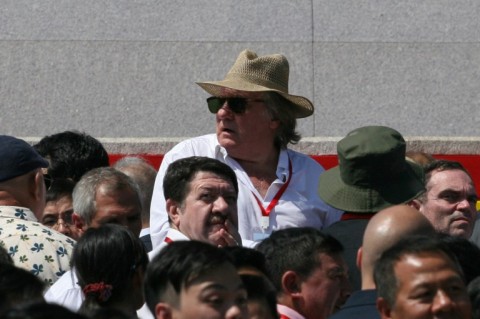
He was placed under formal investigation in December 2020 but not jailed.
In April, French investigative website Mediapart published a report in which 13 other women accused him of molesting them between 2004 and 2022.
One of them, actress Helene Darras, in September filed a sexual assault complaint against Depardieu over an incident during a film shoot in 2007.
And a documentary titled "The Fall of the Ogre" aired on Thursday on France 2 showed the actor on a 2018 trip to North Korea repeatedly making explicit sexual comments in the presence of a female interpreter and sexualising a small girl riding a horse.
The latest images have triggered some self-reflection.
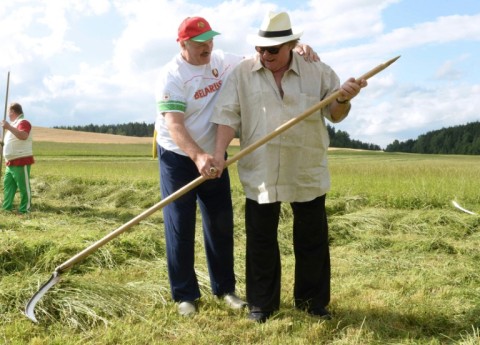
"We are all a little guilty," Marc Missonnier, the head of the syndicate of French cinema producers, told France 2.
"There was a certain tolerance, which was a mistake."
Actress Anouk Grinberg, who has known Depardieu for decades, spoke out for the first time in October.
"Anyone who has ever worked with him knows he assaults women," the 60-year-old told Elle magazine, but people did not denounce him for fear it would damage their careers.
"Everybody allowed him to be a monster," she told France Inter radio on Monday.
She called for an end to "the other monstrosity... people in cinema who are indifferent to the harm done to women, to the humiliation they are subjected to."
- Progress? -
Depardieu in October denied any wrongdoing. "Never ever have I abused a woman," he wrote in Le Figaro newspaper.
After the Mediapart article in April, the distributor and producer of "Umami", a film starring Depardieu as a chef, dropped him from promotional events. The movie tanked at the box office.
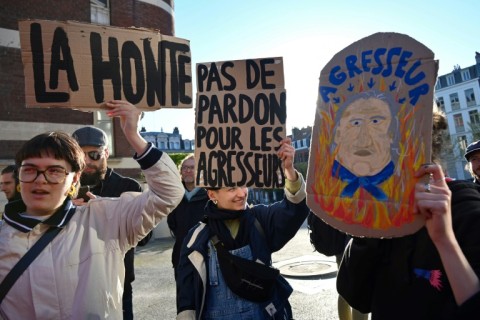
Feminist protests disrupted several of his concerts of songs by late singer Barbara.
"We should not celebrate... Depardieu," a spokesman for France Televisions, the organisation of public broadcasters, told France 2.
But the group told AFP on Monday that "films with... Depardieu will continue to be bought and broadcast" as they included "masterpieces". One, Xavier Giannoli's award-winning "Lost Illusions" (2021), is to be shown on France 2 on Sunday.
Depardieu is not the only figure of French cinema to have been accused of misconduct, but he is the most prominent.
Under pressure from activists and the authorities, several initiatives have popped up to prevent sexual violence.
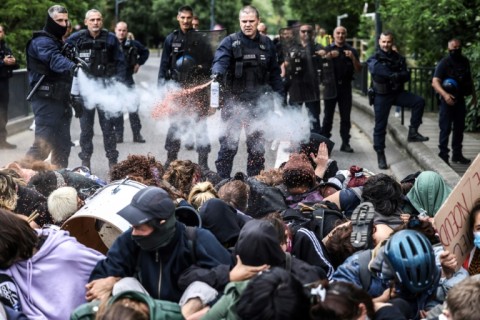
Film sets are increasingly employing intimacy coaches to ensure actors are comfortable during sex scenes.
And since 2021 the National Cinema Centre (CNC) has conditioned financial aid on sexual harassment prevention courses.
But all is not won.
French actor Adele Haenel in May said she was quitting movie acting to "denounce the general complacency in our industry towards sexual abusers," several years after accusing a director of assaulting her.
And feminists point out that Dominique Boutonnat, the director of the CNC supposed to be steering the industry onto a better course, has himself been accused of sexually assaulting his 21-year-old godson in 2020, an allegation he denies.
- by Francois Becker And Alice Hackman

